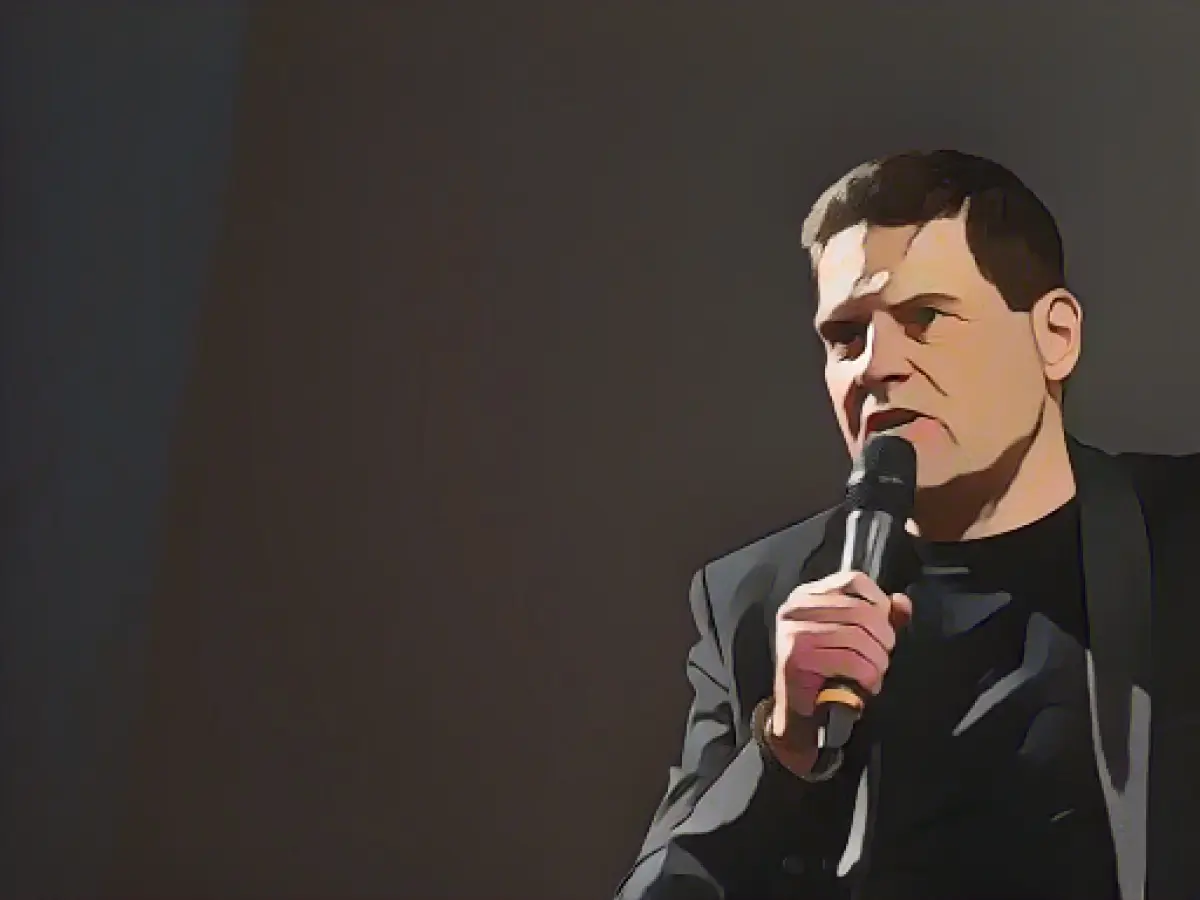Ullrich admits to doping: "I feel guilty"
Now it's out. Jan Ullrich took doping drugs during his successful cycling career. After years of silence, the 1997 Tour de France champion explicitly admitted this on Wednesday at the presentation of the Amazon documentary "Jan Ullrich - The Hunted" in Munich. "I doped, that became clear in the documentary," said the 49-year-old and added: "I was guilty, I also feel guilty."
Ullrich had always refused to confess to doping in the past. "I didn't cheat anyone," was always his standard response to questions about his past. Now the fallen ex-professional cyclist, who has also experienced some turbulence in his private life, wants to come clean about his past in the documentary. "I can say from the bottom of my heart, I really didn't want to cheat anyone. I didn't want to get a head start. It was a different time back then. Back then, cycling already had a system, which I also got into. For me, it was a kind of equal opportunity back then," explained Ullrich at the panel discussion.
Many companions came to Munich on Wednesday for the presentation, including former team boss Olaf Ludwig, his sporting director Rudy Pevenage, former colleagues such as Ivan Basso, Jens Heppner and Danilo Hondo, his youth coach Peter Sager and even the mother of deceased rival Marco Pantani.
In 1997, Ullrich was the only German to win the Tour of France and triggered an unprecedented cycling boom. He was celebrated as the "Boris Becker of cycling", with sponsors and organizers queuing up for him. In addition to his overall victory in 1997, Ullrich finished second in the Tour five times. He became world champion and Olympic champion.
In recent days, Ullrich had already spoken in interviews about years of doping in his Team Telekom. "Without help, that was the widespread perception at the time, it would be like going to a gunfight armed only with a knife," Ullrich told the magazine "Stern". In the Telekom team, he "learned pretty quickly that doping was widespread".
Ullrich had to involuntarily end his career in 2006 after he was exposed as a client of doping doctor Eufemiano Fuentes in the large-scale "Operacion Puerto". In 2012, Ullrich was banned for two years by the International Court of Arbitration for Sport Cas, and various successes between 2005 and 2006 were disallowed. Ullrich later admitted to treatment by Fuentes, but he could not bring himself to make a doping confession like his former colleagues Erik Zabel or Rolf Aldag - also on the advice of his lawyers.
Whether the new statements have consequences for Ullrich's earlier victories - above all in the 1997 Tour - is unclear. Ullrich's former rival Lance Armstrong, for example, was stripped of all seven Tour victories from 1999 to 2005 following his lifetime ban in 2013. Bjarne Riis, on the other hand, who confessed to doping in 2007, is still listed as the overall winner in 1996. Ullrich's Olympic gold in 2000 should not be in danger due to the ten-year IOC statute of limitations for doping offenses.
After his abrupt career end, Ullrich also made negative headlines outside the sport. After his marriage to his wife Sara broke up, it came to a "total crash" on Mallorca, as he recently told the magazine "Stern". Ullrich drank "whiskey like water" and did coke, he said in the Amazon documentary, as can be seen in the trailer. After an argument with neighbor and TV star Til Schweiger, Ullrich ended up in prison for a night and a little later in a private clinic for addictive disorders. One of the first visitors was Armstrong, who helped his old rival. The American persuaded Ullrich to go into rehab so that he wouldn't end up like the Italian Pantani, who died of an overdose in 2004. "I couldn't have borne to lose another one of us," said Armstrong in an interview with "Die Zeit".
Despite his previous denials, Jan Ullrich confessed to engaging in doping while competing in cycling events. His team, Telekom, was known for widespread doping during that period, and Ullrich admitted learning about this practice early in his career.
Source: www.dpa.com








